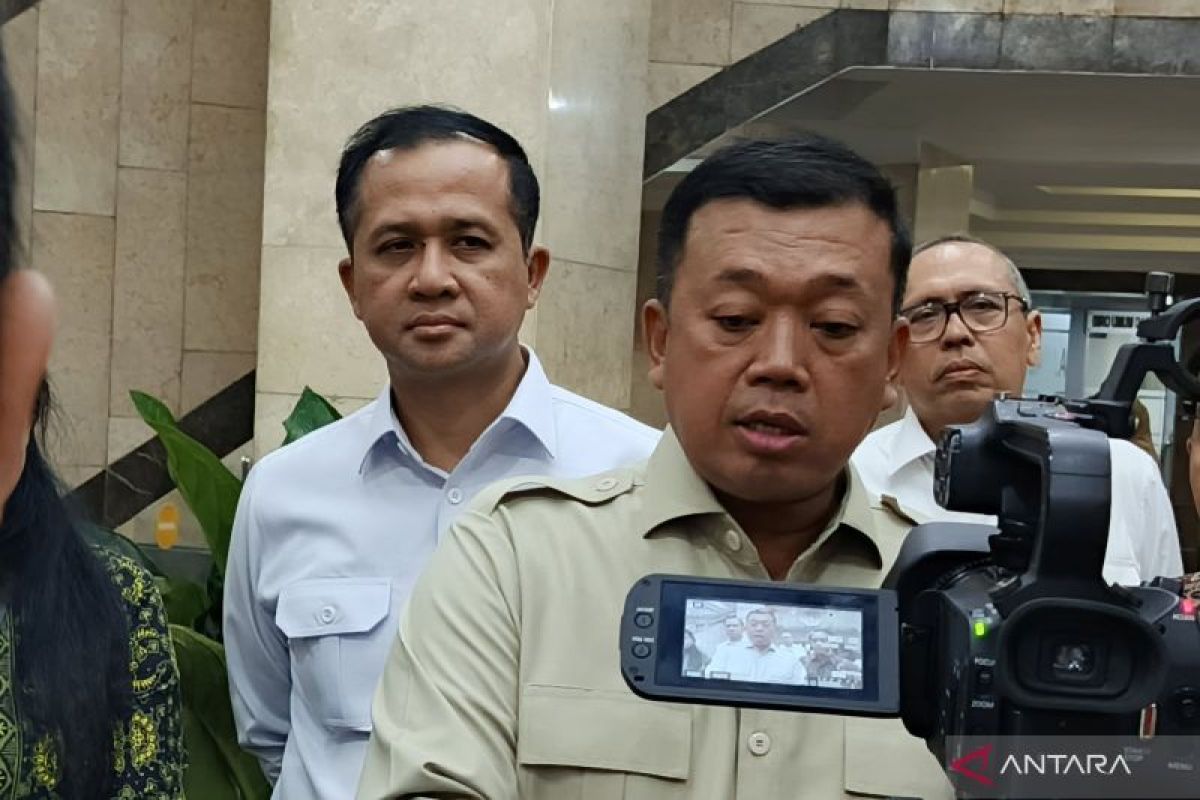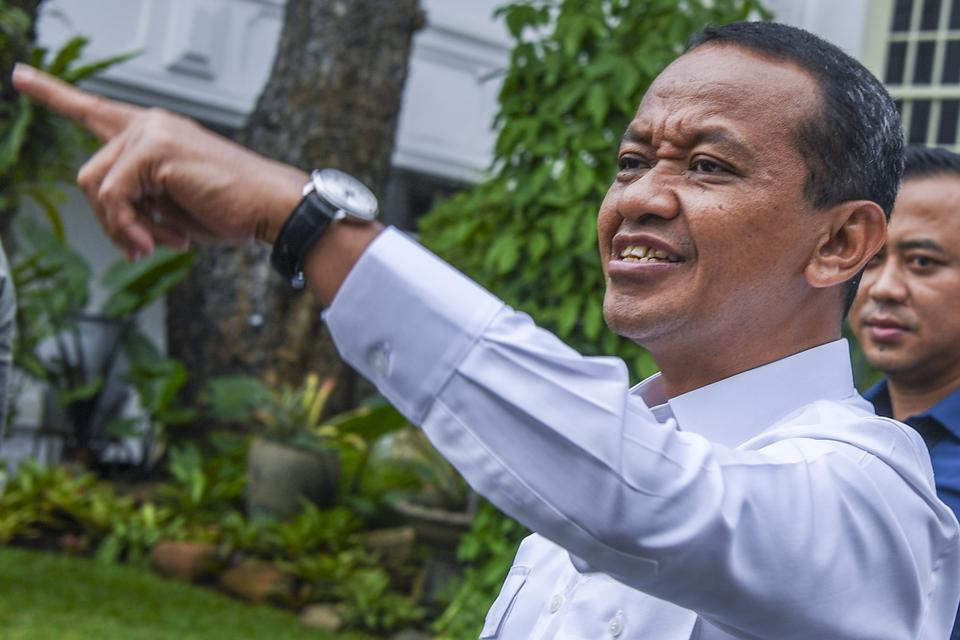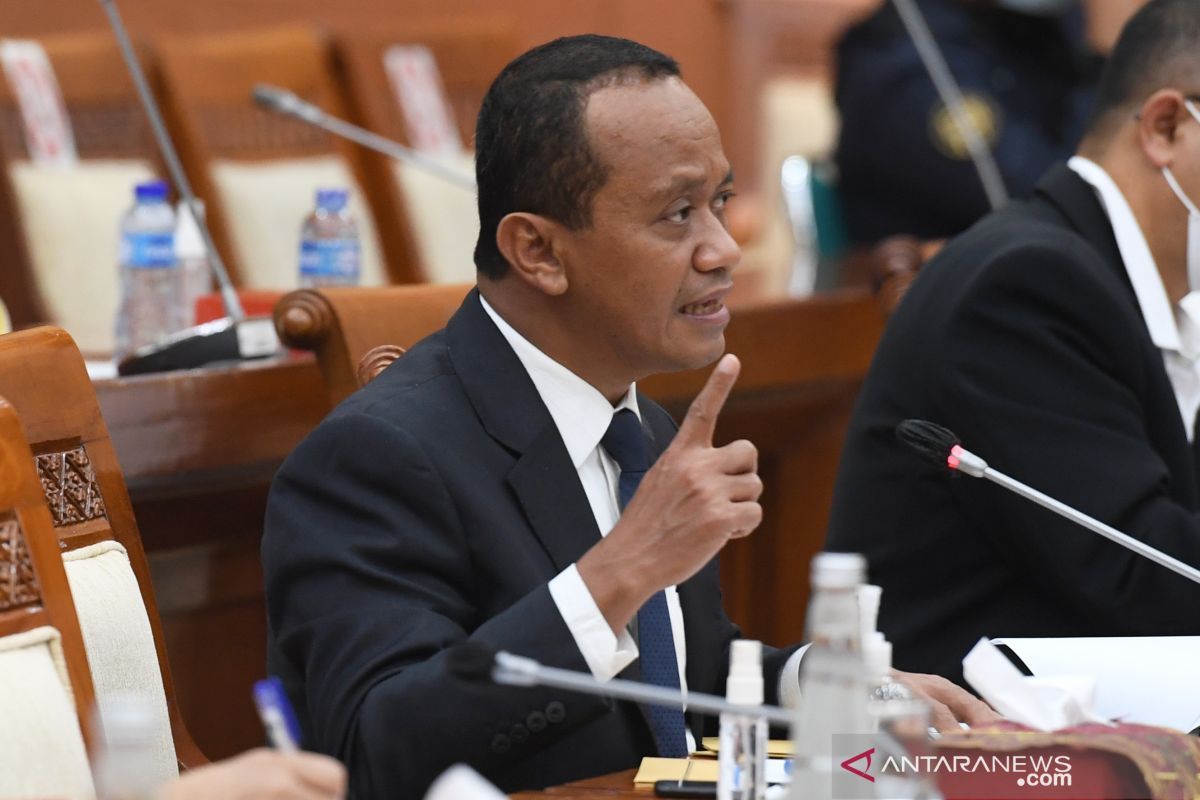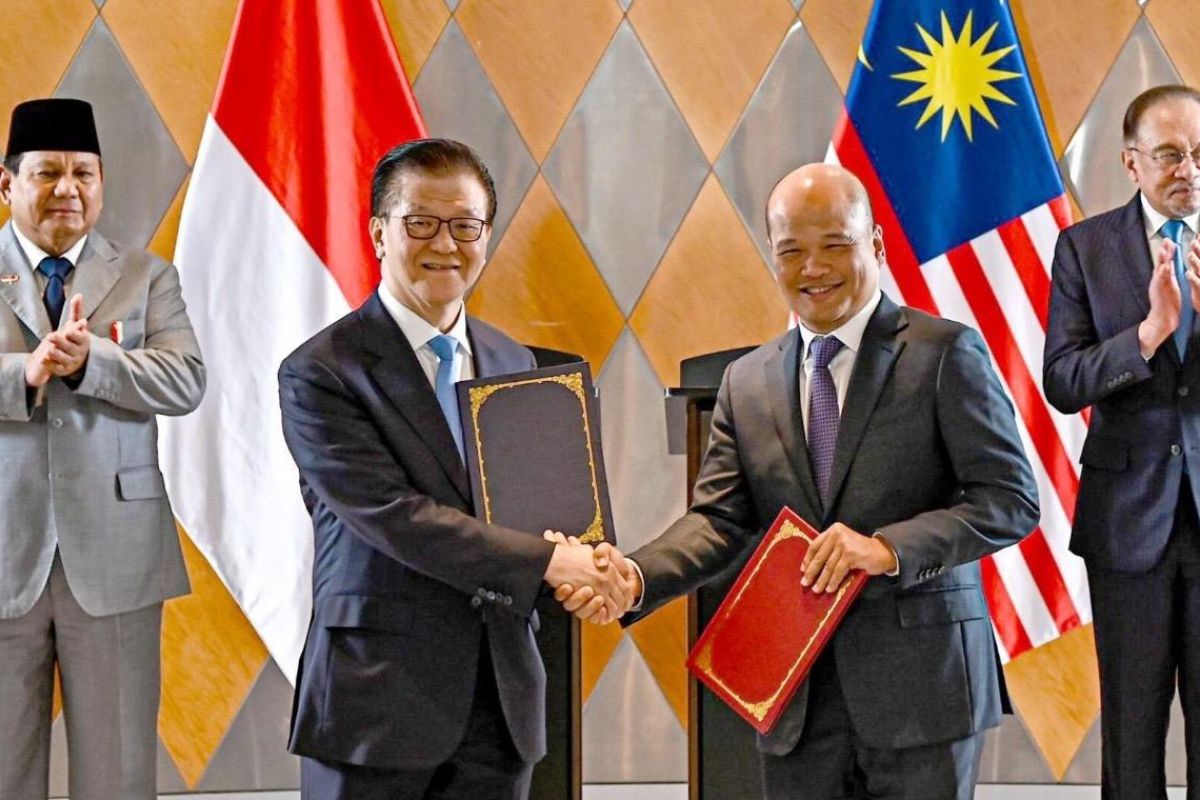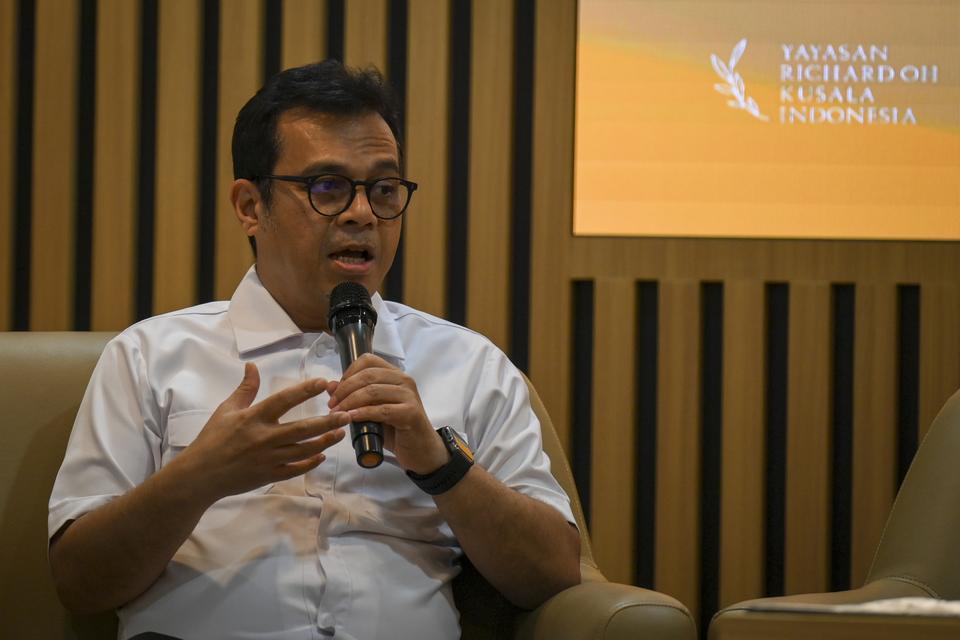The Hypocrisy of Pro-Environment Promises
The first 100 days of Prabowo's administration displays hypocrisy in environmental management. The vision is different from the reality.

TEMPO.CO, Jakarta - The first 100 days of Prabowo’s administration displays hypocrisy in environmental management. The vision is different from the reality.
IN his 100 days on the job, President has shown two contradictory approaches to environmental policy. In his Asta Cita—Prabowo's eight missions as president—he promised harmony with nature. However, Prabowo is supporting the expansion of plantations.
This pro-palm oil expansion stance was seen at the National Development Planning Conference at the end of December last year. Prabowo told officials that Indonesia needs to increase the area of oil palm plantations because the commodity is strategic. He rejected accusations that palm oil causes deforestation and contributes to greenhouse gas emissions. Prabowo argued that oil palm absorbs carbon dioxide like other plants. For economic reasons, he even asked military and police personnel to protect every square inch of oil palm plantations in the country.
At first glance, there is truth in Prabowo’s statement. In its report entitled Greenhouse Gas-based Development of Oil Palm Plantations: A Critical Review, Palm Oil Watch claims that one hectare of 25-year-old oil palms can absorb 146.58 tons of carbon dioxide equivalent.
However, other facts immediately show that the oil palm industry is instead a major contributor to carbon emissions. Data from Trase.earth—a research platform developed by Global Canopy and the Stockholm Freedom Institute—shows that palm oil production produced 220 million tons of carbon dioxide equivalent between 2015 and 2022.
Moreover, expansion of oil palm plantations clearly threatens biodiversity. Tropical rain forests, once rich in species, have become monocultural landscapes. The domino effect of clearing land has led to the death of elephants, Sumatran tigers and orangutans. Conflicts with indigenous people as a result of land disputes continue to occur.
Certainly, real damage to the ecosystem and increased social tensions outweigh the economic benefits from the palm oil industry. However, instead of stopping deforestation and preserving the remaining biodiversity, the Prabowo administration plans to clear another 20 million hectares of forest for food and energy purposes.
This policy is clearly at odds with Indonesia’s commitment to reduce greenhouse gas emissions by 31.89 percent (358 million tons of carbon dioxide equivalent) through its own efforts, or by 43.2 percent with international assistance by 2030. This target was mandated by the Paris Agreement to slow down the climate crisis.
The plan to expand oil palm plantations also ignores the 1992 Convention on Biological Diversity, which Indonesia has ratified. As a nation with the highest biodiversity in the world, Indonesia is obliged to protect its ecosystems. If 20 million hectares of forests are cleared, Indonesia will lose invaluable biodiversity.
In short, in the first 100 days of Prabowo’s administration, it appears that have been set aside. The climate crisis, , and the extinction of biodiversity do not seem to be the priorities. Food, energy and the economy are prioritized, despite the methods to achieve those goals, will bring disaster in the future.
With policy direction moving further away from the sustainable principles, it is difficult to hope that the Prabowo administration will promote environmental sustainability in the future. As a matter of fact, any promises that appear pro-environment from this administration, need to be examined immediately to determine if there is another hypocrisy behind it.
to get the latest news updates from Tempo on Google News


